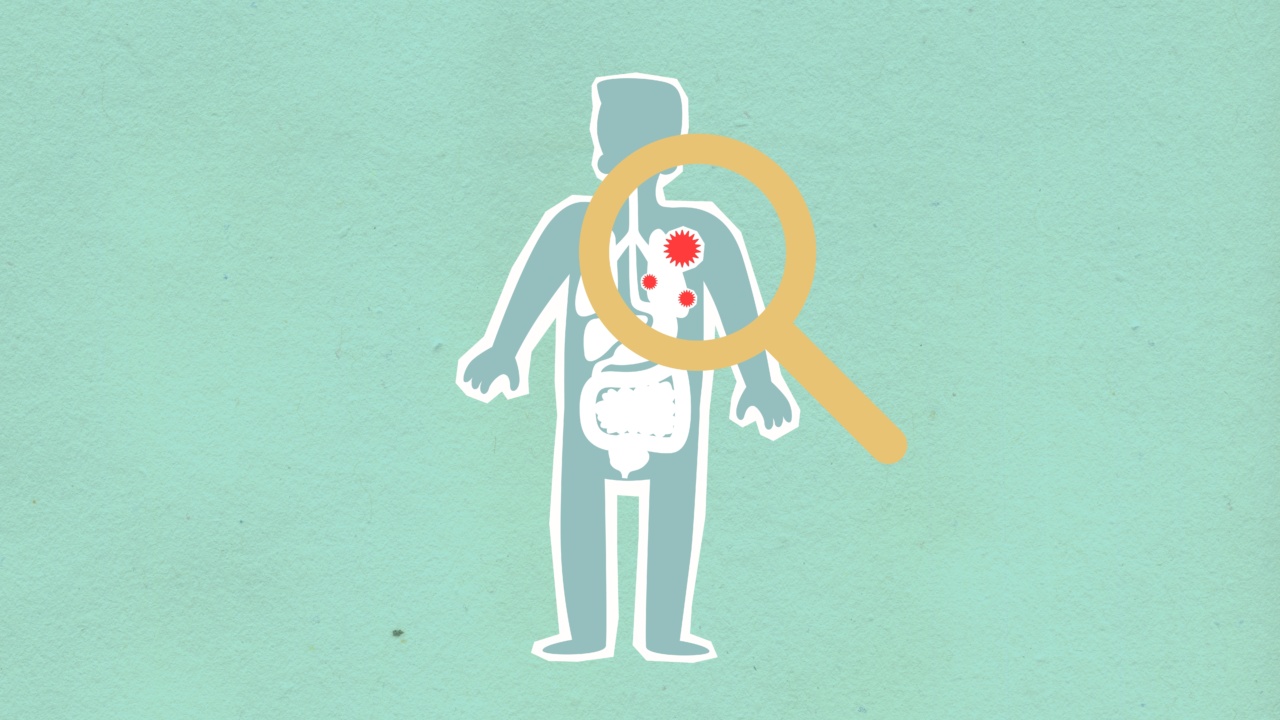When we think of influenza, commonly known as the flu, we often associate it with symptoms like cough, fever, sore throat, and body aches. However, influenza can have a much broader impact on our health than just these physical symptoms.
Research has shown that this viral infection can also affect brain function in several ways. In this article, we will explore the various ways in which influenza impacts the brain and the potential long-term consequences it can have on our cognitive abilities.
The Inflammatory Response in the Brain
Influenza triggers an immune response in our body to fight off the viral infection. While this response is crucial for clearing the infection, it can also lead to inflammation in the brain.
Inflammation in the brain, also known as neuroinflammation, can disrupt the normal functioning of neurons and affect cognitive abilities.
Impaired Neurogenesis
Studies have shown that influenza can impair neurogenesis, the process of generating new neurons in the brain. Neurogenesis is essential for the brain’s ability to adapt and learn throughout our lives.
When this process is disrupted, it can lead to cognitive impairments, difficulty in learning new tasks, and memory problems.
Mood and Behavioral Changes
Influenza can also affect our mood and behavior. Many individuals who have experienced the flu report feeling increased anxiety, depression, and irritability during and after the infection.
These mood changes can be attributed to the inflammatory response and the disruption it causes in neurotransmitter systems responsible for regulating emotions.
Memory and Cognitive Decline
One of the most concerning long-term consequences of influenza on brain function is the potential for memory and cognitive decline.
Influenza has been linked to an increased risk of developing neurodegenerative diseases such as Alzheimer’s disease and Parkinson’s disease later in life. The exact mechanisms behind this association are still being studied, but it is believed that the chronic inflammation caused by the flu plays a role in accelerating the progression of these diseases.
Influenza and Stroke
Recent studies have also suggested a connection between influenza and an increased risk of stroke. The inflammation triggered by the flu can cause damage to blood vessels and increase the likelihood of blood clots, leading to a stroke.
Strokes can have devastating effects on brain function, causing various cognitive impairments depending on the area of the brain affected.
Influenza and Cognitive Fatigue
Even after recovering from the flu, some individuals report experiencing long-lasting cognitive fatigue. Cognitive fatigue is characterized by feelings of mental exhaustion, difficulty concentrating, and impaired cognitive performance.
This ongoing fatigue can hinder daily activities and has been linked to changes in brain connectivity and decreased neural efficiency.
Prevention and Treatment
While the impact of influenza on brain function can seem daunting, there are preventive measures and treatments available to mitigate these effects.
The most effective way to reduce the risk of influenza-related complications is through annual flu vaccination. Vaccination not only lowers the chances of getting infected but also reduces the severity of symptoms if infection does occur.
In addition to vaccination, practicing good hygiene, such as regular handwashing and avoiding close contact with infected individuals, can help prevent the spread of the virus.
If influenza is diagnosed early, antiviral medications may be prescribed to reduce the viral load and minimize the impact on brain function.
Conclusion
Influenza, beyond its commonly recognized physical symptoms, can have a significant impact on brain function.
From causing neuroinflammation and impairing neurogenesis to increasing the risk of neurodegenerative diseases and stroke, influenza poses various threats to our cognitive abilities. By understanding these impacts and taking preventive measures, such as vaccination and practicing good hygiene, we can minimize the potential long-term consequences on brain function.
As ongoing research continues to unravel the intricacies of influenza’s effects on the brain, we can hope for improved strategies for prevention, treatment, and ultimately, better brain health.






























